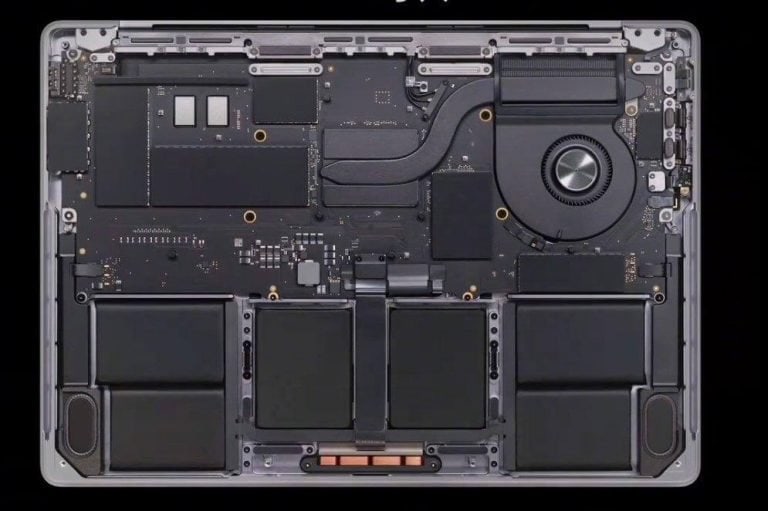
Apple has always been at the forefront of innovation, and their latest release of the M3 chips for the new 14-inch and 16-inch MacBook Pro models is no exception. These chips have created quite a buzz in the tech world, with enthusiasts and experts eager to delve into the details. In this comprehensive article, we will explore the internal differences in these laptops, the cooling solutions employed, and what makes the M3 chips stand out. We’ll also address some common questions to ensure you’re well-informed about Apple’s latest offering.
1. The Unveiling of Apple’s M3 Chips
When it comes to Apple, every product launch is eagerly anticipated, and the release of the M3 chips for the new MacBook Pro models is no different. These chips promise to take performance to the next level, but there’s more to the story than meets the eye. Let’s dig deeper.
① A Look Inside: Comparing M3 MacBook Pro Models
To truly understand the M3 chips, we need to take a closer look at the internal layouts of these MacBook Pro models. Recently, @lipilipsi displayed a comparison image, but it caused a bit of confusion. He mistakenly attributed the left image to the M2 MacBook Pro. However, Vadim Yuryev quickly clarified that the cooling solution in question belongs to the more powerful 14-inch M2 Pro MacBook Pro.
This comparison image is a key starting point, as it offers a glimpse into the internal components that make these laptops tick. But what sets the M3 chips apart?
② Single Fan Cooling: A Surprise for the Base M3
One noticeable difference with the new MacBook Pro models is Apple’s decision to employ a single fan cooling solution for the base M3 model. Some may question whether this is a cost-cutting measure, given the $1599 price tag. However, it’s important to note that the base M3’s power consumption doesn’t necessitate two fans to keep it cool. With an 8-core CPU and a 10-core GPU, the base M3 operates efficiently and effectively.
③ Dual Fan Cooling for the M3 Pro and M3 Max
While the base M3 may run smoothly with a single-fan cooling system, the M3 Pro and M3 Max are equipped with more powerful specifications. These models can be configured with up to a 16-core CPU and a 40-core GPU, making a dual fan cooling solution the logical choice.
However, Apple’s decision to use dual fans in previous MacBook Pro models, such as the M2 Pro and M2 Max, led to concerns about high temperatures. These laptops often reached temperatures as high as 90 degrees Celsius, requiring increased fan speeds to maintain acceptable temperatures.
Apple’s choice to employ a single fan for the M3 MacBook Pro may be a deliberate one to manage component costs, but it’s something that warrants caution.
2. Exploring M3 Chips and MacBook Pro: FAQs
The M3 chips offer improved performance and efficiency compared to the M2 chips, with higher core counts and enhanced GPU capabilities.
Not with the base M3 model. It is equipped with an 8-core CPU and a 10-core GPU, which can be efficiently cooled with a single fan.
While it may not be essential for basic tasks, a dual-fan cooling system is advisable for resource-intensive applications and tasks on the M3 Pro and M3 Max.
Apple has maintained competitive pricing with the introduction of M3 chips, making them accessible to a wide range of users.
No, the M3 chips are integrated into the new MacBook Pro models and cannot be retrofitted into older devices.
3. In Conclusion
Apple’s release of the M3 chips for the new MacBook Pro models signifies another leap in innovation. These chips bring enhanced performance and efficiency, and while the choice of a single-fan cooling system for the base M3 model may raise some eyebrows, it’s a well-thought-out decision. As always, Apple keeps pushing the boundaries, and with the M3 chips, they’re taking us to new heights of performance and productivity.
Related:
[…] Apple’s Latest Innovation: Unveiling the M3 Chips in MacBook Pro […]